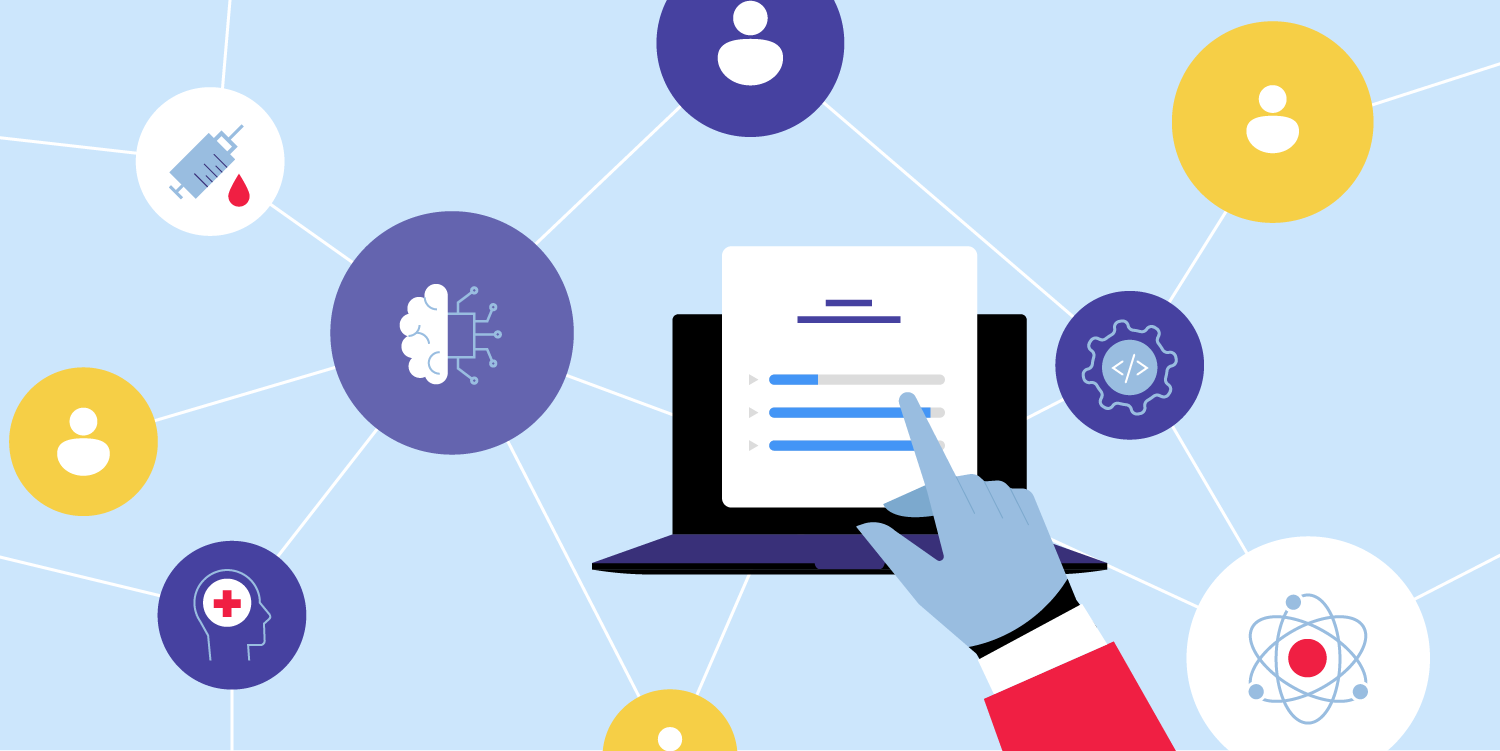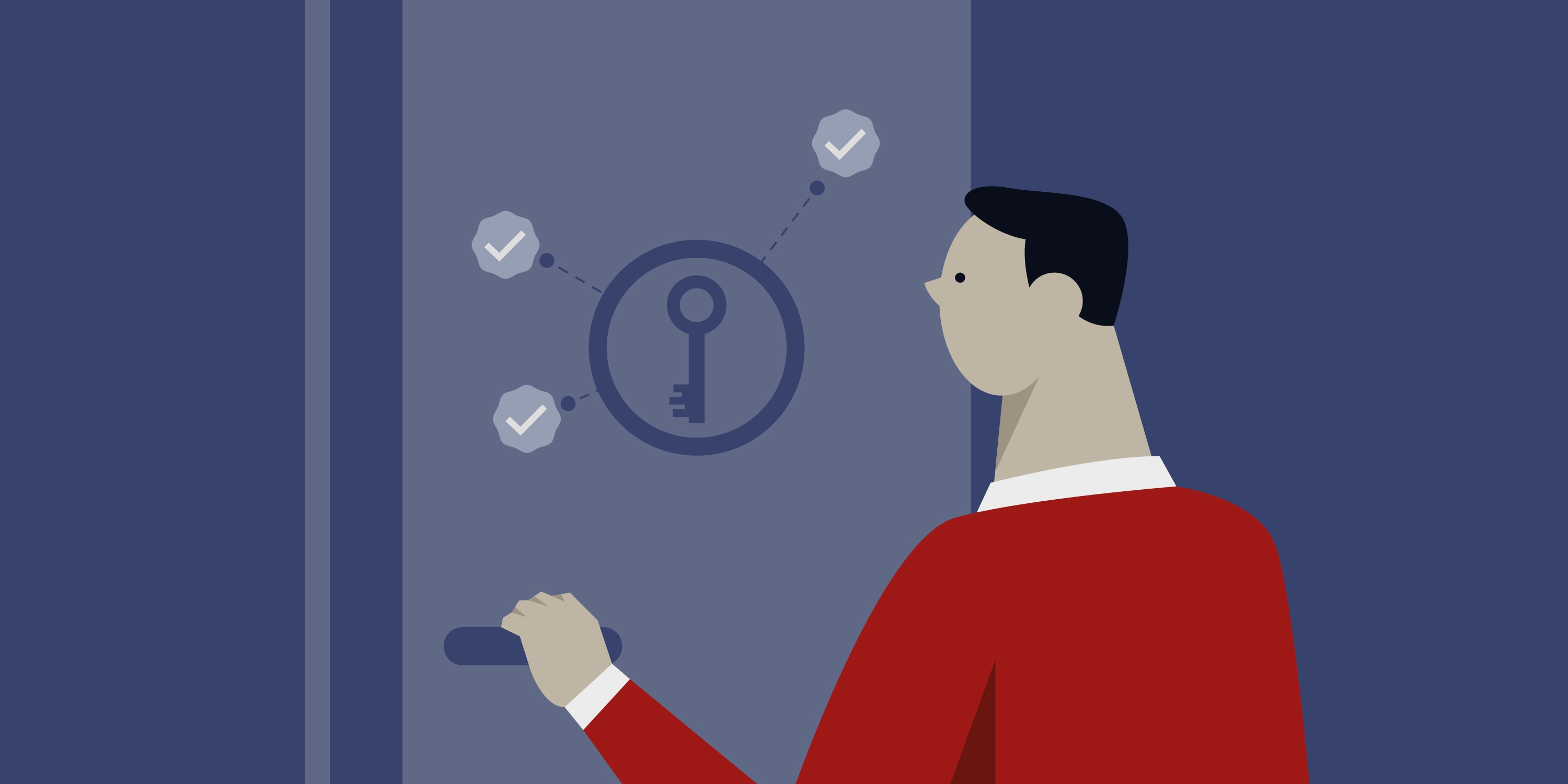Hiring Gen Z: 3 Things To Know As They Enter The Workforce

Ritika Puri has written for LinkedIn, Twitter, PNC, Forbes, Entrepreneur, and more. She also advises on HR and communications strategies.
How do you hire a generation of digital natives who are always connected? What skills and attitudes are they bringing to your company? The following trends will help you motivate and engage these workers.
Generation Z candidates—people born between 1996 and the early 2000s—are about to enter the workforce. As employees, they are group unlike any other. For one, this group never knew life before the Internet. They grew up with mobile phones. Everything that they’ve ever wanted to learn has been a few clicks, taps, and swipes away.
“That context has produced a hypercognitive generation very comfortable with collecting and cross-referencing many sources of information and with integrating virtual and offline experiences,” explains a recent report from McKinsey.
McKinsey elaborates that this hyperconnectivity fuels Gen Z’s value and quest for truth. They care about solving conflicts around the world and devote themselves to causes around the world.
“They believe profoundly in the efficacy of dialogue to solve conflicts and improve the world. Finally, they make decisions and relate to institutions in a highly analytical and pragmatic way.”
With 61 million Gen Z professionals set to enter the workforce over the next several years. This group represents two-thirds the size of the baby boomer cohort and eclipses genXers. Gen Z will make a big dent in the labor market.
But what does it take to hire a generation of true digital natives who are always connected, deep truth seekers, and empowered to improve the world? How will workforces change with their skills and presence?
The following trends will help you paint that picture—and help you learn how to motivate, inspire, attract, and engage this unique talent pool.

1. Gen Z Is The “Innovation Generation”
As the world navigates a Fourth Industrial Revolution, according to the World Economic Forum (WEF), companies around the world are experiencing unprecedented change. At the heart of this never-before-seen shift in human history is technology.
“The possibilities of billions of people connected by mobile devices, with unprecedented processing power, storage capacity, and access to knowledge, are unlimited,” writes Klaus Schwab, WEF founder and executive chairman.
“And these possibilities will be multiplied by emerging technology breakthroughs in fields such as artificial intelligence, robotics, the Internet of Things, autonomous vehicles, 3-D printing, nanotechnology, biotechnology, materials science, energy storage, and quantum computing.”
The next several decades are full of escalating unknowns for planet earth. It will be up to the nascent Gen Z workforce to step into this new economy.
Within this context, Handshake—a professional network for tens of millions of students and recent grads—has called Gen Z, and those graduating alongside them, the innovation generation.
The company’s second annual Campus to Career Report, studying trends from its database, has found that students and recent grads have a unique mix of hard and soft skills.
The top skills that Handshake members list include organization, leadership, communication, and problem solving. They’re also equally technical with strong skills in data analysis, industry-leading programming languages such as Java, Python, and JavaScript, and concepts around working with data structures.
LinkedIn, having run a similar study of its Gen Z talentbase, confirms these findings. According to the company’s research, the top five skills that new grads are learning include:
- Data visualization
- Data modeling
- Python
- Web analytics
- Databases
Gen Z has talent, aptitude, and skillset to steer the global economy into the future. As the first generation of true digital natives, they have unparalleled insight into building connected systems.

2. Gen Z Swings Between Anxiety And Ambition
Gen Z and millennials grew up during a tumultuous and turbulent time in American history, coming to cognitive maturity during the Great Recession. They watched their parents struggle to make ends meet. They watched their older siblings struggle to find sufficient work to build their career paths. With discussions of another global recession looming around the corner in 2020, they’re understandably on edge.
According to research from the Wall Street Journal and a study from the American Psychological Association (APA), Gen Zers report higher levels of anxiety than their predecessors, with 54% of adults reporting feeling anxious or nervous in the last month.
“Nevertheless, their anxiety is causing some baffling workplace behaviors—such as ghosting the boss,” explains Sue Shellenbarger, the author of the Wall Street Journal Article. “And employers are trying new ways to help anxious new hires stay calm, clear-headed and willing to speak up at work.”
Not to mention, according to the APA study, Gen Z employees say that they’d quit an office culture—on the spot—that uses fear-based motivation techniques.
“Anxiety causes employees to withdraw, turn negative and overreact to stress,” says Shellenbarger.
This anxiety stems from a desire for economic and financial stability. They want to get a jumpstart on their lives—and make a rapid progression into the future.
They’re looking for healthcare benefits just like their predecessors in their workforce. They’re also looking to advance quickly: 75% believe that they should be promoted within a year, and 32% believe they should receive a promotion within six months.
“Employers that can't promote a young employee right away are still hoping to keep young workers satisfied so that they don't jump ship and cost the company thousands of dollars to replace,” writes Allana Akhtar for Business Insider.
This is a generation that wants to move quickly—and organizations need to prepare themselves to meet these needs.

3. Gen Z Are Entrepreneurial At Heart
Unlike their generational predecessors, Gen Z doesn’t trust the traditional employment market to secure their long-term futures.
According to a recent survey of millenials and Gen Z, optimism and trust have reached all-time, troubling low levels. These young professionals are skeptical of business’s motives, with 55% saying that companies have a positive impact on society, which is down from 61% in 2018. Forty-nine percent of younger workers have also expressed that they would quit their jobs in the next two years, given the choice.
These attitudes represent a sharp, abrasive shift from generational predecessors who are known to maintain long-term relationships with their employers. It’s not uncommon, for instance, for Gen Z employees to simply ghost the people who hire them—they simply stop showing up to work.
“The traditional power dynamic that views corporate overlords as holding the keys to job stability, benefits, and great pay isn’t shared by Gen Z,” writes Justin Brady in a recent article for Quartz. “That spells potential disaster for employers that believe they hold all the cards.”
With Gen Z taking their careers into their own hands, many see full-time employment as a stepping stone to pursue bigger dreams. Fifty-five percent of Gen Z, according to one survey, say that they have dreams of starting a business.
“This can be tied back to many of their traits — especially the independence and desire for financial success,” writes Deep Patel for Forbes. “They are highly motivated and willing to work hard to achieve their dreams.”
Given their skills, they make hard-working employees who are eager to contribute to an employer’s bottom-line—and advance. But they’re thinking about their futures further down the road, seeing their first jobs as a pathway to a mode independent career.
Conclusion: Nurture Their Individualistic Instincts
One of the unique characteristics of Gen Z is that they’re highly individualistic — which is in stark contrast to members of the millennial cohort, who are known to be strong collaborators.
“Gen Z expects the workplace to conform to their needs,” writes Patel.
If you want to hire them, you need to meet them where they are. Understand their skills, and give them the autonomy they need to succeed. For many organizations, this need will require a radical shift in culture and mindset. Given their distrust for businesses—and tendencies towards bold, radical action—there’s nothing stopping them from walking out.
And if you let them?
You’re missing out on one of the most valuable talent pools that the world has ever seen.
“The roles of today—and the future—require the right blend of soft and technical skills. Today’s early talent knows that, and as a result, are becoming increasingly well-equipped to take on the most important responsibilities that will shape our future,” reports Handshake’s Campus to Career Report. “Their flexibility and ability to jump in head first to learn new skills is what makes Gen Z—and individuals graduating alongside Gen Z, regardless of age—highly qualified to tackle social and economic problems head-on.”

Ritika Puri has written for LinkedIn, Twitter, PNC, Forbes, Entrepreneur, and more. She also advises on HR and communications strategies.






